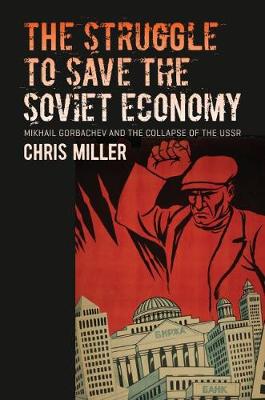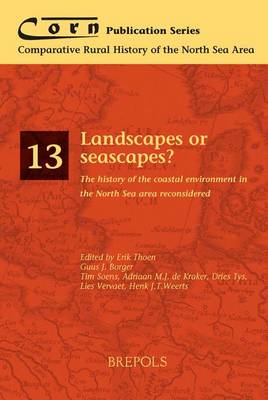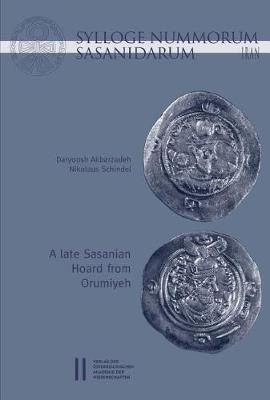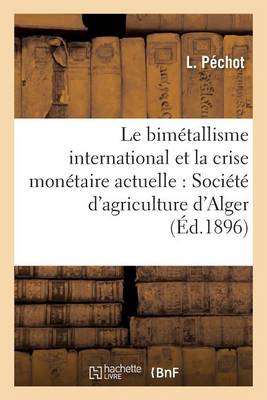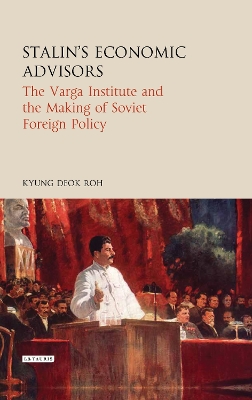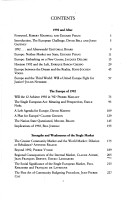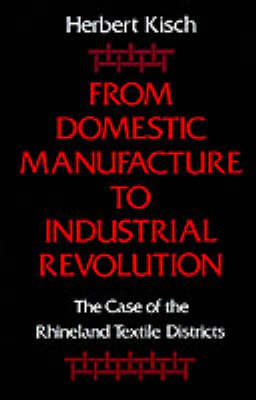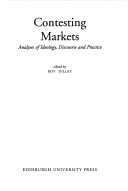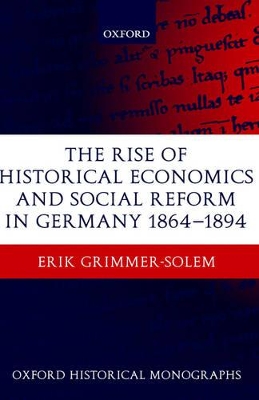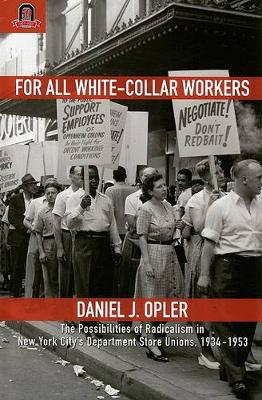The Corporation as a Protagonist in Global History, c. 1550-1750 (Global Economic History, #16)
William A. Pettigrew and David Veevers put forward a new interpretation of the role Europe's overseas corporations played in early modern global history, recasting them from vehicles of national expansion to significant forces of global integration. Across the Mediterranean, Atlantic, Indian Ocean and Pacific, corporations provided a truly global framework for facilitating the circulation, movement and exchange between and amongst European and non-European communities, bringing them directly int...
The Struggle to Save the Soviet Economy (The New Cold War History)
by Chris Miller
For half a century the Soviet economy was inefficient but stable. In the late 1980s, to the surprise of nearly everyone, it suddenly collapsed. Why did this happen? And what role did Soviet leader Mikhail Gorbachev's economic reforms play in the country's dissolution? In this groundbreaking study, Chris Miller shows that Gorbachev and his allies tried to learn from the great success story of transitions from socialism to capitalism, Deng Xiaoping's China. Why, then, were efforts to revitalize So...
Landscapes or Seascapes? (Comparative Rural History of the North Sea Area, #13)
Institutional Change and Economic Behaviour (International Economic Association)
This book explores institutional change and economic behaviour through examining the transition process in the eight former socialist countries that became members of the EU in 2004, looking at the phenomenal growth that has been taking place in China in the last three decades, offering a historical perspective on the causes of economic underdevelopment in the Middle East, and discussing just how much of the neo-classical paradigm is refuted by the evidence produced by experimental economics in...
Sylloge Nummorum Sasanidarum Iran - A Late Sasanian Hoard from Orumiyeh
by Daryoosh Abarzadeh and Nikolaus Schindel
Le Bimétallisme International Et La Crise Monétaire Actuelle (Sciences Sociales)
by Pechot-L
Nouvelle Organisation Du Travail Ou Entretien d'Un Ouvrier Avec Son Patron Sur Un Mieux Possible
by Robert-P
From Slavery to Free Labour in Rural Ghana (Western African Studies)
by Gareth M. Austin
After Capitalism: Rethinking Economic Relationships
Soviet foreign policy in the Stalin era is commonly assumed to have been a direct product of either Marxist ideology or the leader's whims. Both assumptions, however, oversimplify the complex and subtle factors involved in its creation and implementation. Kyung-Deok Roh provides an alternative, more nuanced, explanation and demonstrates the key role played by Stalin's economic advisors. The so-called 'Varga Institute' , a 'think tank' led by Evgenii Varga, developed a unique scholarly discours...
1992 and after
Instruction Générale Du 30 Janvier 1892, Sur Les Réclamations En Matière de Contributions Directes
by Collectif
This book is an economic, historical, and sociological examination of rural textile industries in the Lower Rhineland beginning in the sixteenth century and culminating with the age of factory organization in the early 1800s. Drawing on archival sources not available to English language readers, Kisch analyses the evolution of entrepreneurial innovations, the growth of a skilled labour force, and changes in institutional mechanisms and patterns of social behaviour that prepared this critical ec...
Myth America exposes the lag of major American institutions behind the demands of the 21st century and the reinforcement of this lag by the media and schools miseducating the public. The author shows how the priorities of these institutions are undermining rather than achieving ecological sustainability and social justice. Corporate power is driving public policy and Americans are being propagandized in the name of education to believe that capitalism is the basis for a democratic society. Forei...
Contesting Markets
The ideology of free market economics has become commonplace in Europe and America, yet the concept of the market and its implications for non-Western societies has been underinvestigated. This book challenges traditional views of market discourse and the idea that it dominates all social processes. Strongly cross-cultural and comparative, it first examines the historical and sociological background to market discourses, then analyzes how these discourses are deployed in peasant and other market...
The Rise of Historical Economics and Social Reform in Germany 1864-1894 (Oxford Historical Monographs)
by Erik Grimmer-Solem
Social science and social reform flourished in Imperial Germany, and the historical economist Gustav Schmoller made fundamental contributions to both. Despite this, historians have neglected him. Questioning the term 'German Historical School' associated with Schmoller, Grimmer-Solem reveals the European context of Schmoller's thought and the influence of empiricism, statistics, and advances in the natural sciences on his choice of methods. By exploring the social context in detail, he deomons...

